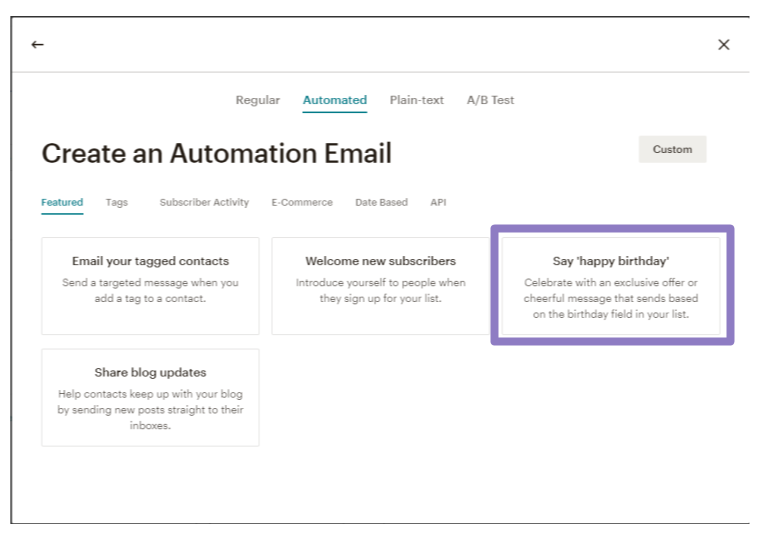How to harmonize business relationships and technology

Gyi Tsakalakis.
“Most people won’t use the internet to hire a lawyer.”
When a colleague of mine first shared this view back in 2005, I assumed that it was the exception and not the rule. Surely, lawyers understood that their next clients would go online to find answers to their questions, get more information about the legal-life situations they faced, and yes, hire lawyers.
After over a decade of conversations, it became clear that many lawyers shared this viewpoint. Then, about two years ago, while attending a popular legal technology conference, I overheard an attending lawyer remark: “LegalZoom is eating our lunch.”
At the risk of stating the obvious, a lot changed over that time period. But while lawyers have begun to embrace the impact of the web on the practice of law, they seemed to forget the cornerstones of a successful practice: reputation and relationships.
But it isn’t a choice between the internet and technology or reputation and relationships. It’s both. In fact, with respect to the practice of law and technology, “Plus ça change, plus c’est la même chose” or “The more it changes, the more it’s the same thing.”
The lawyers most likely to survive in the future are those who harmonize relationships, reputation, automation, personalization and authenticity. Here are some tactical suggestions for how to start.
Not Your Marketer’s Email
I’m subscribed to a lot of lawyer email campaigns, and there is very little that is more lacking in authenticity than poorly conceived email marketing newsletters. At best, they don’t get opened. At worst, your competitors are sending the same self-promotional email newsletter, which means that people can tell it’s not unique to you. While this phenomenon also happens on social networking sites, there’s something particularly laughable when it comes via email.

However, instead of sending the same thinly veiled self-promotional email that everyone else is sending, consider an automated email to wish a colleague or client happy birthday.
If you use email marketing software, such as Mailchimp, it is fairly easy to create an automation email based on a birth date.
You might also consider sending automated emails to:
• Celebrate an anniversary.
• Wish someone a happy holiday.
• Share the good work you are doing in your community.
Google: Their First Impression of You
No matter how your next client hears about you, they expect to be able to find more information about you online. Most of these investigations will begin with Google. Therefore, if you do absolutely nothing else online, you ought to consider claiming, completing and managing your Google My Business profile.
Once claimed and completed, your Google My Business listing will likely command premium real estate on search engine results pages for searches on your name.
Here’s a great example, courtesy of my colleague Ken Levinson:
The large panel on the right with pictures of Ken, map, name and other business information are generated by GMB. Perhaps, most importantly, this is a prominent place where Ken’s happy clients can sing his praises.
In addition to maintaining and updating accurate information, many lawyers use GMB to:
• Highlight firm events, leadership and community service via “posts.”
• Answer some of the most common questions they receive via “Q & A.”
• Feature video testimonials from clients and colleagues.
Google My Business listings also power Google’s local map pack. Those are the listings that show up for local legal searches, such as when someone is seeking a personal injury lawyer:

Social Networks for Referrals
Right now, there are people on Facebook looking for lawyers. If you’re skeptical, head over to Facebook and search for “lawyer recommendations,” “lawyer referral,” etc. Make sure you select results from the “anyone” filter. For most consumer-facing practices, you will probably be able to find the same for more specific searches on those practice areas (i.e., divorce, DUI, bankruptcy, etc.).
Lawyers who actively nurture relationships on Facebook are more likely to be recommended on the platform.
Not only are potential clients searching directly for attorneys, lawyers are looking for referrals, too. Here are some examples from the Maximum Lawyer Facebook group:
Facebook groups can be particularly effective, partly because the noise of the “open network” is filtered out.
One of the questions I hear most often is, “How do we engage our audience here without it consuming our entire day?” And the answers are, “Well, the same as they have always been.”
Be more social. Participate in your local community. Meet people. Then nurture those relationships online. Find online communities of people who share your interests. Here are a few active online communities to explore:
If you have developed a strong network of professional referrals, I would also encourage you to invest some time in LinkedIn. While the platform and app could use some work from a technical standpoint, LinkedIn has something that none of the other major social networks has: the expectation of business intent. Put simply, most people are there to talk business.
When I meet someone in a professional context, one of the first things I consider is connecting with them on LinkedIn. Typically, professional contacts will be much more receptive to invitations to connect on LinkedIn than they might be on other social networks.
LinkedIn’s recommendation feature can also be particularly powerful in validating your expertise to a mutual connection. After all, people still hire people based on recommendations from those they know, like and trust.
As technology continues to change the practice of law—including client service and development—don’t forget that your success will primarily hinge on what it always has: your relationships and your reputation.
Gyi Tsakalakis co-founded AttorneySync, a digital legal marketing agency, to help lawyers put their best foot forward online because that’s where clients are looking. He currently is co-chair of the ABA Law Practice Division’s client development committee and is a member of the ABA Techshow 2020 Board.
ABAJournal.com is accepting queries for original, thoughtful, nonpromotional articles and commentary by unpaid contributors to run in the Your Voice section. Details and submission guidelines are posted at “Your Submissions, Your Voice.”
Your Voice submissions

The ABA Journal wants to host and facilitate conversations among lawyers about their profession. We are now accepting thoughtful, non-promotional articles and commentary by unpaid contributors.

